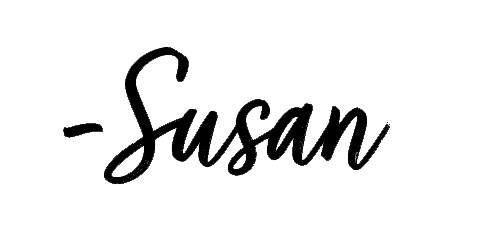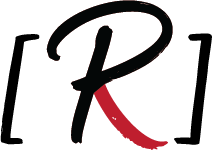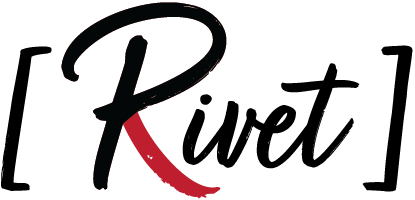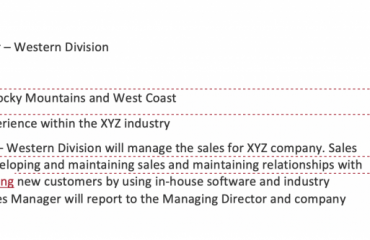

I was never a good test taker. Test failure syndrome started after taking a career assessment test in second grade. I dutifully filled out the green and white bubbles with a number two pencil. Sitting on my hands anxiously waiting for the results, what would the results read? A doctor, lawyer, or the next girl version of Muggsy Bogues?
My teacher, Mrs. Mulleheisen, gently broke the news by just handing me the results without a word and walked away to deliver the future fates of my eight-year-old classmates. I slowly unfolded the assessment to reveal that I would make a good bird feeder maker.
So, after that devastating news, it wasn’t a surprise when I took the SATs in high school that I would fail miserably at this test as well. In the end, it wouldn’t matter. I went to a fantastic school, succeeded in business, and now, I am an editor.
However, when I took on the editor role, the same anxiety crept into my head again. Suddenly, I couldn’t remember any of the grammar rules I spent years learning or spelling a simple word like fuchsia (see my blog post to learn my problems with fuchsia https://www.rivetservice.com/post/why-editing-is-a-key-to-success).
At the high point of feeling like an imposter, I had to build my confidence and learn how to get my mojo back.
So how is editing harder than the SATs? I realized there are three reasons why editing is more challenging than the SATs: pressure, tempered confidence and empathy.
Pressure

Editing matters because the produced results represent another person’s work and worth. I take full responsibility for any error published by one of my clients. My miss represents their careers as writers for any mistake I was responsible for amending.
The pressure of having another person’s career as a writer on the line makes editing harder than the SATs. If you bomb the SAT, other schools will admit you. But if you make frequent editing errors, your career and your client’s career are in danger.
I’ve read several books for whatever reason editing either wasn’t done by a professional or not done at all. Unfortunately, these books do not receive good reviews or repeat customers. For business clients, if the shoddy work gets out, trust in one’s abilities as a professional diminishes, prospective sales calls not returned and promotions do not come to life.
Tempered Confidence
One of the essential attributes specific to editing is possessing confidence in your skills, to the point of cockiness, while simultaneously putting your client’s intelligence and writing skills first. An editor must present their best skills to secure a client and recognize the professionalism and best in their authors or professionals.
An editor must delicately balance selling their editing skills with recognizing the brilliance of other people’s skills simultaneously. In the end, it will be their writing published, not the editor’s.
Honestly, when I started my business, I struggled to take a backseat when I interviewed new clients. Making the client feel more important than me was counterintuitive to the corporate world where I once worked.
Empathy
Empathy is another critical skill an editor must possess, which is a skill the SATs do not measure. Maneuvering empathy in the real world is a difficult skill when an editor wants to fix the punctuation problem and not spend the time discussing why you are correct.
Empathy is critical when an editor’s job is to retain the author’s voice. An editor must understand the writer’s position and where they sit while writing the material. If significant editing changes the client’s purpose, the entire project loses the creative worth of the writer. Utilizing empathy in writing helps keep editing on track.
If you find other people’s lives exciting and fascinating, editing will not be more brutal than the SATs. You have to possess the ability to pull the best out of people and the disposition to help people achieve their best, not your best.
You have to allow a client to take the credit at all times, even if you are doing a lot of clean-up work or ghostwriting. As an editor, you have to present your best, most confident self and empathize and recognize the brilliance in your clients.
The author Jack Hart perfectly summarizes this concept in his description of successful narrative non-fiction writers and journalists in his book Story Craft:
Notice the startling uniformity among narrative stars when they talk about their approach to sources:
Truman Capote: ‘But, above all, the reporter must be able to empathize with personalities outside his usual imaginative range, mentalities unlike his own, kinds of people he would never have written about had he not been forced to by encountering them inside the journalistic situation.’
Richard West: ‘If you are a person who likes people and respects people, and you genuinely show an interest, things come easily. You can’t be arrogant. You can’t be abrasive. That just won’t work.’
Leon Dash: ‘If you have a judgmental reaction in your eyes during an interview, or a judgmental nuance as you pose a question, people will close down.’
Ted Conover: ‘I’m the interested listener who is seldom disputations. …I often try to position myself as a student to their teacher. I am a person who doesn’t know much: Can you help me?’
Richard Ben Cramer: ‘The thing is that people want to tell their stories. But only if you’re interested in them, which I am. …Their wives and girlfriends have long since tired of hearing about him, and here comes this kind of wooly guy who really wants to know. All the stuff they know about this amazing guy, but have never been given the opportunity to really explain, is finally going to be heard. They’re in heaven.’
Mary Roach: ‘Magical things happen when you’re obviously fascinated by a topic.’
Final thoughts
After overcoming test-taking apprehension and leading my editing business with tempered confidence and empathy, editing became easier than taking the SATs.
If you are interested in taking a backseat to make others look better, editing is a great, rewarding profession that does not have to be a challenging job. But doing what you love, never really seems like work.
Contact me at susan@rivetservice.com to discover how editing and proofreading can bring the best out of your writing.

Thanks to: https://unsplash.com/s/photos/tests







